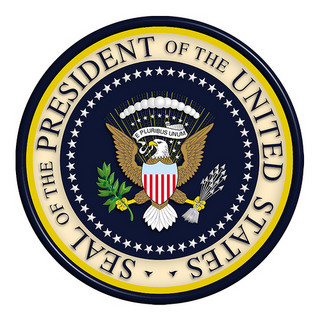Oil pipeline safety continues to be a huge political issue in Washington, but a recent poll suggests that many Americans aren’t quite so concerned.
An energy poll by the University of Texas found that less than half of the 2000 people surveyed were even familiar with the Keystone XL Pipeline, the controversial pipeline that would carry millions of barrels of crude from Canada to Texas.
Ever since the pipeline was proposed in 2008, it has been a hot-potato topic and a litmus test for President Obama’s concerns on energy and environmental issues. Of particular importance is the issue of climate change, with many environmental groups believing that approving the construction of the pipeline would be bad news for the climate.
Related: Keystone Showdown Likely for New Year | Bakken
Related: Obama Issues Keystone Pipeline Veto
Surprisingly, the U.T poll also revealed that only 6% of the Keystone opponents listed climate change as their main cause for opposition. This seems very low, considering that climate change has been a key part of environmental groups opposition to Keystone XL.
“The Washington Post theorized that “many people may view climate change as more distant and feel that most benefits of tackling it wouldn’t arrive for many years. Issues like that may not resonate as much with people as would more direct, immediate, tangible matters like our pocketbooks and the well-being of our local communities.”





